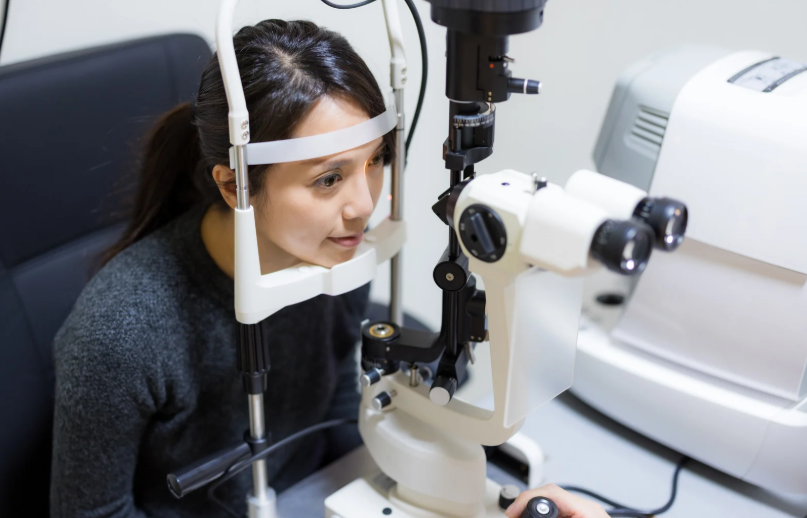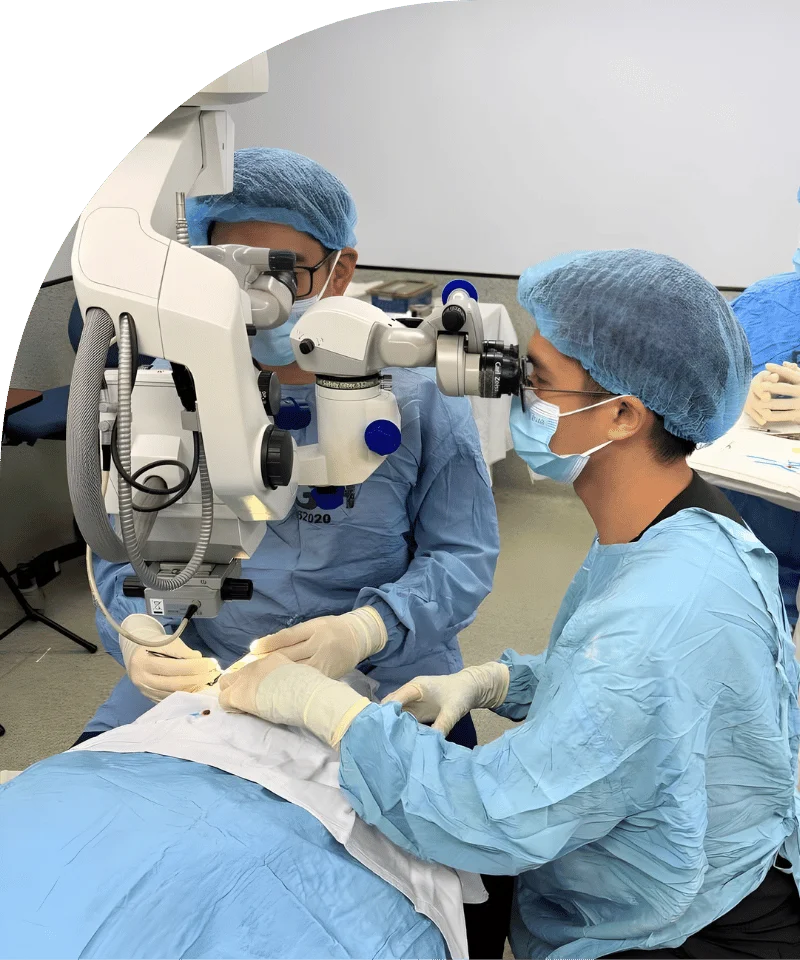Understanding Infertility as a Health Concern
Infertility is often misunderstood, with many couples facing not only physical challenges but also social and emotional struggles. Medically, infertility is defined as the inability to conceive after a year of regular, unprotected intercourse for couples under 35, or after six months for couples older than 35. Despite advances in modern healthcare, many still see infertility as a taboo subject, which can make it difficult for individuals to seek the help they need. It is not only a female issue; about one-third of infertility cases are due to male factors, another third due to female factors, and the rest involve both partners or remain unexplained. The emotional toll can be overwhelming, leading to feelings of inadequacy, guilt, or frustration within the relationship. Recognizing infertility as a legitimate medical condition is the first step toward healing and finding effective treatment. This is where the guidance and support of a fertility clinic becomes invaluable.
The Role of a Fertility Clinic in Modern Healthcare
A fertility clinic serves as a specialized center where couples can find comprehensive solutions for reproductive challenges. Unlike general medical practices, these clinics are dedicated to diagnosing and treating infertility with the latest medical technologies. Their role is not limited to providing procedures; they also create a safe and compassionate environment where couples feel supported throughout their journey. Fertility clinics employ a multidisciplinary team that may include reproductive endocrinologists, embryologists, nurses, nutritionists, and counselors, all working together to ensure holistic care. This collaborative approach allows for more accurate assessments and personalized treatment plans. Beyond clinical expertise, fertility clinics also play an important role in raising awareness about reproductive health, helping individuals understand the importance of early intervention. By bridging science, technology, and emotional care, these clinics have become an essential part of modern healthcare systems worldwide.
Diagnostic Support Provided by a Fertility Clinic
Accurate diagnosis is one of the most critical steps in addressing infertility. A fertility clinic provides a wide range of diagnostic services designed to uncover the underlying reasons behind a couple’s struggles to conceive. Testing is done for both partners since reproductive issues can stem from either side. For women, this may include hormone evaluations, ovulation tracking, ultrasound imaging, and assessment of reproductive organs. For men, common tests involve semen analysis, hormone level checks, and genetic screening. These detailed evaluations give specialists a clearer understanding of the challenges that need to be addressed. Early and precise diagnosis is crucial, as it allows couples to pursue targeted treatment rather than spending years on ineffective methods. Fertility clinics ensure that patients are fully informed about their results, guiding them step by step through the next phase of care. With diagnostic support as the foundation, couples can move forward with confidence and realistic expectations.
Advanced Treatment Options Available in a Fertility Clinic
The heart of a fertility clinic lies in the advanced treatments it provides. Assisted reproductive technologies such as in vitro fertilization (IVF), intrauterine insemination (IUI), and intracytoplasmic sperm injection (ICSI) have given hope to millions of couples worldwide. These techniques are continually improving, with higher success rates and safer methods being developed each year. Fertility preservation has also become an important option, allowing individuals to freeze eggs, sperm, or embryos for future use. This is especially valuable for those undergoing medical treatments like chemotherapy or those who wish to delay parenthood. In addition to high-tech procedures, fertility clinics may also recommend medications to stimulate ovulation or minimally invasive surgeries to correct anatomical issues. Each option is tailored to the specific diagnosis of the couple, ensuring they receive the most appropriate treatment. The variety of approaches available demonstrates how far reproductive medicine has come, offering renewed hope where once there was none.
Emotional and Mental Health Support for Couples
Infertility is not just a physical challenge; it deeply affects mental and emotional well-being. Couples often experience stress, anxiety, and even depression while navigating the uncertainties of treatment. Fertility clinics recognize this and offer counseling services as part of their care model. Professional counselors and support groups provide a safe outlet where couples can express their fears, frustrations, and hopes without judgment. This emotional support can make a significant difference in how couples cope with treatment cycles, especially when facing setbacks. Clinics also teach coping strategies such as mindfulness, relaxation techniques, and stress management exercises. Addressing mental health is essential because emotional stability plays a role in overall treatment outcomes. When couples feel supported and understood, they are more likely to maintain a positive outlook, which strengthens their relationship and resilience. Fertility clinics strive to create an environment where couples know they are not alone in their journey.
Personalized Care and Patient-Centered Approach
One of the strengths of a fertility clinic is its focus on individualized care. No two patients share the exact same medical history, lifestyle, or fertility challenges, so treatment cannot be one-size-fits-all. Clinics prioritize personalized treatment plans that consider medical findings, emotional needs, and personal preferences. Doctors and staff maintain open communication, ensuring patients understand their options and feel comfortable asking questions. This approach empowers couples to actively participate in their fertility journey, fostering trust and cooperation between patients and specialists. The care model extends beyond medical procedures, often including lifestyle advice, emotional counseling, and long-term planning. By respecting each couple’s unique situation, fertility clinics help patients feel valued rather than just treated. This patient-centered philosophy enhances overall satisfaction and contributes to better outcomes. Ultimately, it demonstrates that fertility clinics are not just about science but about compassion and partnership in creating families.
Lifestyle Guidance Offered by Fertility Clinics
While advanced medical procedures are crucial, lifestyle factors play an equally important role in fertility. Fertility clinics provide expert guidance on how nutrition, exercise, sleep, and stress management can influence reproductive health. For example, a balanced diet rich in vitamins and antioxidants can improve egg and sperm quality, while maintaining a healthy weight can increase the chances of conception. Clinics also advise patients on habits to avoid, such as smoking, excessive alcohol intake, and high caffeine consumption, which can negatively affect fertility. Stress reduction is another important focus since chronic stress can disrupt hormonal balance and ovulation. Many clinics recommend complementary approaches like yoga, acupuncture, or meditation to support overall well-being. By addressing lifestyle factors alongside medical treatments, fertility clinics create a more holistic path to conception. This integrative approach ensures that patients maximize their chances of success by supporting their health on every level.
The Long-Term Value of Choosing a Fertility Clinic
The benefits of working with a fertility clinic extend far beyond immediate treatment. Clinics provide continuous monitoring and follow-up care, ensuring that patients remain supported throughout their reproductive journey. Even after achieving pregnancy, clinics may offer guidance during early prenatal care to help secure the best possible outcomes. For those who may not succeed immediately, clinics help explore alternative family-building options such as surrogacy or adoption. Fertility specialists also prepare couples for future family planning needs by offering services like fertility preservation, which can safeguard reproductive potential for years to come. Beyond medical assistance, the reassurance of having a dedicated team of professionals by their side helps couples maintain hope and confidence. Choosing a fertility clinic is ultimately an investment in one’s health, emotional well-being, and long-term family goals. This ongoing value underscores why fertility clinics are essential for those facing infertility challenges.
Frequently Asked Questions (FAQ)
1. When should a couple visit a fertility clinic?
Couples under 35 who have been trying to conceive for a year without success, or couples over 35 who have been trying for six months, should consider visiting a fertility clinic.
2. How long does fertility treatment usually take?
The duration varies depending on the type of treatment and the couple’s specific condition. Some treatments may take just a few months, while others, like IVF, involve multiple cycles.
3. Are fertility treatments safe for both partners?
Yes, fertility treatments are generally safe, but like any medical procedure, they come with potential risks. Clinics take precautions to minimize complications and ensure patient safety.
4. What are the chances of success with IVF?
Success rates depend on several factors including age, diagnosis, and overall health. On average, younger women tend to have higher success rates with IVF.
5. Does insurance typically cover fertility clinic services?
Coverage depends on the insurance plan and location. Some policies include partial or full coverage, while others may not cover fertility treatments at all.









